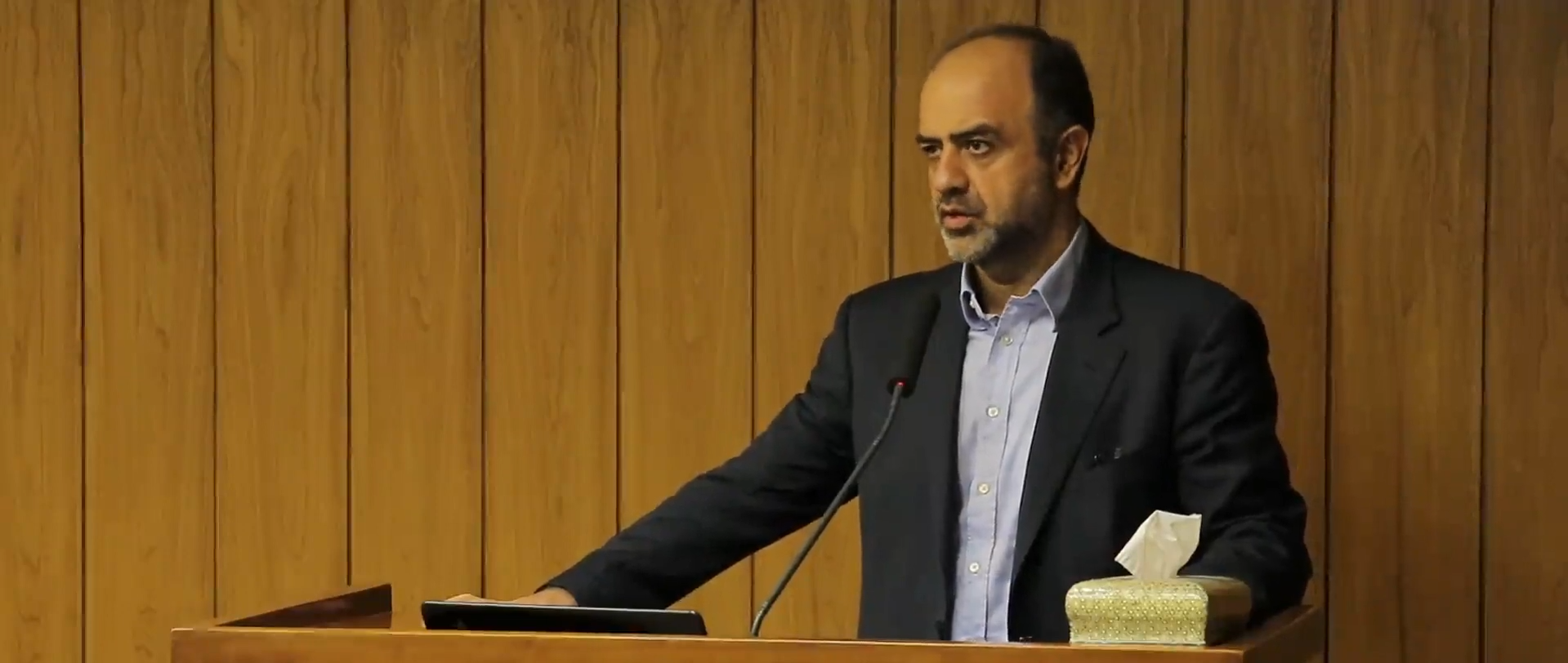Babak Alavi Home Address: Seyyed Babak Alavi is an Associate Professor at the Graduate School of Management and Economics, located at Sharif University of Technology in Tehran, Iran. His expertise lies in organizational behavior, leadership, and human resource development. Many people may be curious about his home address, especially those looking to connect with him for academic or professional reasons.
Babak Alavi’s professional address is known and can be found at the university, but personal addresses are typically private for security and privacy reasons. This common practice helps protect individuals from unwanted attention and maintains their confidentiality.
For those interested in his work or wanting to reach out professionally, contacting him through the university’s official channels is the best approach. Engaging with his research or attending his lectures can provide valuable insights into his field of study.
Babak Alavi’s Background
Babak Alavi has a solid educational foundation that paved the way for his career. His early experiences contributed to his skills and accomplishments within his professional field.
Education and Early Career
Babak Alavi graduated from Western University, where he studied law. His education equipped him with a strong understanding of legal principles and policies.
After completing his degree, he began his career at the U.S. Department of Homeland Security. This role provided him with hands-on experience in various legal issues, particularly in immigration and customs enforcement. His time as a Sales Associate at Nordstrom before pursuing law also helped him develop strong communication and customer service skills.
Professional Achievements
Babak Alavi currently serves as an Associate Legal Advisor at the Department of Homeland Security. In this role, he focuses on immigration and customs law, where he applies his legal expertise to real-world cases.
He has been recognized for his contributions in shaping policies and advising on legal matters. His work has had a lasting impact on the operations within the department. Babak’s background combines legal knowledge and practical experience, making him a valuable asset in his field.
Privacy Considerations
Privacy considerations are critical when discussing personal information, such as a home address. Two main areas to explore are legal regulations and ethical concerns. These elements shape how personal data is handled and shared.
Legal Regulations
Various laws govern the protection of personal information. For instance, the General Data Protection Regulation (GDPR) in the European Union sets strict guidelines on data privacy. Under GDPR, individuals have the right to know how their data is used, stored, and shared.
In the United States, data privacy laws vary by state. The California Consumer Privacy Act (CCPA) empowers residents to control personal data collected by businesses.
These legal frameworks restrict the sharing of home addresses without consent. Violations may result in significant fines. Thus, it is imperative to understand both the national and local laws that impact privacy.
Ethical Concerns
Ethical concerns arise when deciding whether to disclose personal information. Respecting an individual’s privacy is a fundamental ethical principle. Sharing a home address without consent can cause harm and distress.
Moreover, organizations and individuals must consider how their actions affect trust. If people believe their information is not secure, they may withdraw from sharing important data.
Transparency is key. Ethical information sharing involves obtaining clear permission before disclosing details. Respecting privacy fosters a culture of trust and responsibility.
Public Records and Address Information
Accessing public records can provide important information about individuals, including home addresses. This data is often used for various purposes, from background checks to personal inquiries. It is crucial to understand how to access and interpret these records.
Accessibility of Public Data
Public records contain details about individuals, including addresses, phone numbers, and other contact information. This data is generally available through different online platforms.
Key sources for accessing public records include:
- Government Websites: Many local and state governments maintain databases.
- People Search Services: Websites like Spokeo and ClustrMaps offer searchable data.
- Public Libraries: Local libraries may have access to archives and documents.
While much of this information is accessible, privacy laws may limit the availability of certain details. Users should verify information through multiple sources for accuracy and comprehensiveness.
Protecting Personal Data
Protecting personal data is crucial in today’s digital world. Implementing strong security practices and managing personal information effectively can help reduce risks associated with data breaches.
Data Security Best Practices
To ensure data security, individuals should adopt several best practices. Creating strong passwords is a key step. A good password includes a mix of uppercase letters, lowercase letters, numbers, and symbols. Avoid using easily guessable information like birthdays.
Two-factor authentication (2FA) adds an extra layer of protection. This method requires a second form of verification, making unauthorized access much harder.
Regularly updating software and applications also plays a vital role. Updates often include security patches that protect against vulnerabilities. Using secure networks, particularly when sharing sensitive information, is essential. Avoid public Wi-Fi for transactions or accessing sensitive accounts.
Personal Information Management
Managing personal information effectively helps protect it from unauthorized access. It is important to limit the amount of personal data shared online. Always check privacy settings on social media and adjust them to restrict who can see your information.
Using secure storage options for important documents is another critical practice. Cloud services can be convenient, but not all offer good security. Look for options that provide end-to-end encryption.
Additionally, regularly reviewing and deleting unnecessary accounts can limit exposure. Accounts that are no longer used can still be targets for hackers. Establishing a routine for checking and managing online accounts will help keep data secure.
Research Methods
In studying Babak Alavi’s work and contributions, a systematic approach is essential. This involves verifying information and assessing the credibility of sources used in the research.
Information Verification
To ensure the accuracy of information regarding Babak Alavi, it is crucial to cross-check facts from multiple reliable sources. This validation process includes comparing data from his institutional affiliation, publications, and recorded interviews.
Key techniques for verification include:
- Cross-referencing: Look for information across academic databases and institutional portals.
- Fact-checking tools: Use online tools dedicated to verifying academic credentials.
- Peer-reviewed articles: Consult studies published in peer-reviewed journals to confirm claims about his research.
By employing these methods, researchers can establish a solid foundation of accurate information about Alavi.
Sources and Credibility
Understanding the reliability of sources is vital in academic research. For information on Babak Alavi, sources must meet specific criteria to be considered credible.
Important criteria include:
- Author Expertise: Check if the author has relevant qualifications in the field of management and economics.
- Publication Reputation: Look for articles or papers published in well-known journals or by reputable institutions.
- Citation Frequency: Highly cited works often reflect the impact and reliability of research.
Using credible sources enhances the quality of information gathered about Alavi, ensuring it is both trustworthy and valuable for further study.


